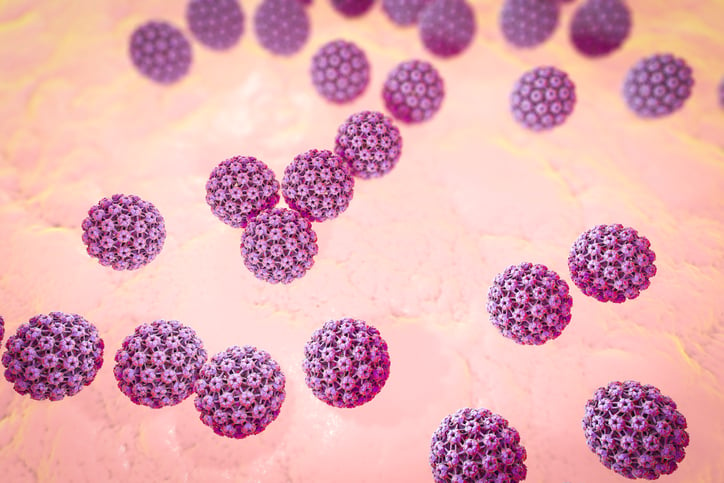Cervical cancer, a preventable yet pervasive threat to women’s health worldwide, stands as a stark reminder of the disparities in healthcare access and the urgent need for proactive interventions. Ghana’s recent acquisition of the Human Papillomavirus (HPV) vaccine signifies a pivotal moment in the nation’s commitment to safeguarding the health and well-being of its female population. This initial shipment of 441,860 doses represents the first wave of a comprehensive national rollout designed to drastically reduce the incidence of cervical cancer, a disease that disproportionately affects women in underserved communities. With the subsequent delivery of over 2.5 million doses facilitated by UNICEF, Ghana is poised to implement a large-scale immunization campaign targeting girls and women, bolstering its efforts to combat this preventable malignancy. This proactive approach underscores the importance of prevention in addressing critical health challenges and promoting a healthier future for all.
The significance of incorporating the HPV vaccine into Ghana’s national immunization program cannot be overstated. Cervical cancer, primarily caused by HPV infection, remains a leading cause of cancer-related deaths among women globally. While highly preventable through vaccination and regular screenings, access to these vital services remains limited, particularly in low- and middle-income countries. Factors such as lack of awareness about the disease, its risk factors, and the availability of preventive measures contribute to the persistent burden of cervical cancer. Ghana’s commitment to providing the HPV vaccine free of charge to all nine-year-old girls through its Expanded Programme on Immunization (EPI) demonstrates a proactive and impactful investment in the health of its future generations. This initiative aims to create a protective shield against HPV infection, significantly reducing the risk of developing cervical cancer later in life.
The efficacy and safety of the HPV vaccine have been rigorously established through extensive research and real-world application. Over 140 countries have already integrated the vaccine into their national immunization schedules, recognizing its potential to protect young girls from a devastating disease. Administering the vaccine before the onset of sexual activity ensures optimal protection, preventing HPV infection and its associated risks. This proactive approach aims to mitigate the future burden of cervical cancer, allowing girls to thrive into healthy adulthood and contribute fully to their communities. Ghana’s adoption of this proven preventive measure signals a significant stride towards achieving its health goals and empowering its female population.
By prioritizing the prevention of cervical cancer, Ghana is investing in the future of its women and girls, enabling them to lead healthier, more productive lives. The impact of this initiative extends beyond individual well-being, contributing to the overall socio-economic development of the nation. Healthy women are essential pillars of their families and communities, driving progress in various spheres of society. Protecting them from preventable diseases like cervical cancer strengthens the social fabric and promotes a more prosperous future for all.
UNICEF’s role in supporting this critical initiative highlights its unwavering commitment to protecting the rights and well-being of children worldwide. As the leading global organization dedicated to child rights, UNICEF works tirelessly to ensure that every child has access to essential health services, including life-saving vaccines. Their collaborative efforts with the Government of Ghana in procuring and delivering HPV vaccines exemplify the power of partnerships in tackling global health challenges. This joint effort demonstrates the shared vision of creating a world where all children, especially girls, are afforded the opportunity to thrive and reach their full potential.
The introduction of the HPV vaccine in Ghana marks a pivotal moment in the country’s ongoing efforts to improve women’s health and reduce the burden of preventable diseases. By providing free access to this life-saving vaccine, Ghana is empowering its young girls to grow into healthy women, mothers, and leaders, contributing significantly to the nation’s progress. This proactive approach underscores the importance of prevention in healthcare and sets a powerful example for other countries to follow in the fight against cervical cancer. Through continued collaboration and concerted efforts, the global community can strive towards a future where every girl is protected from this preventable disease and has the opportunity to live a long, healthy, and fulfilling life.














